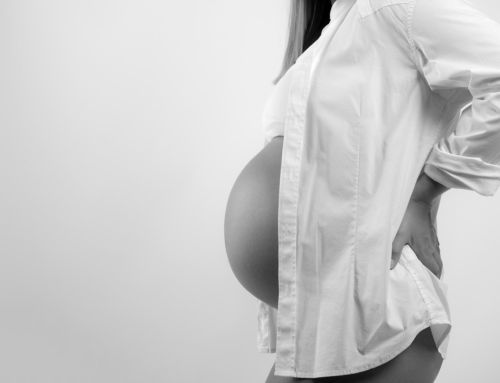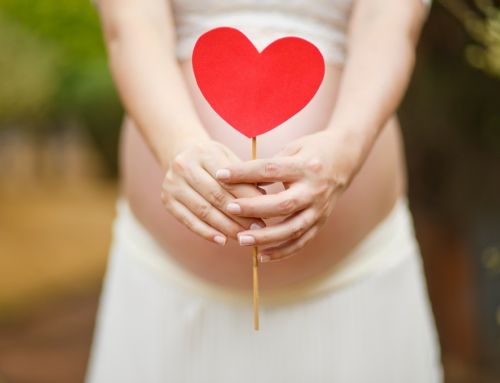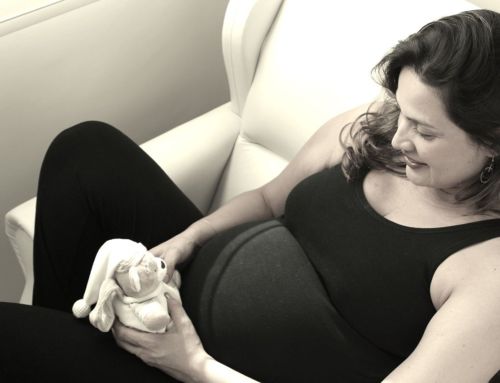What is Peripartum & Postpartum Depression (PPD)
Learn about Peripartum & Postpartum Depression (PPD) and how it could be impacting you & your child. Understand the Signs to detect if you could be suffering from PPD.

Pregnancy and post pregnancy period can be challenging for mothers & most women all around the world suffer from stress and anxiety after giving birth due to the sometimes overwhelming new responsibilities on them with the new baby. However, if you are suffering from a feeling of sadness which is so overpowering that it is effecting your ability to carry out your day to day tasks then this could be sign of Postpartum Depression (PPD). If the sadness feeling starts while you are pregnant which interferes with your quality of life then that could be a sign on Peripartum Depression.
Studies have shown that more than 10% mothers around the world suffer from PPD upto some extent and this number could be actually much higher because many women just consider it as a sign of exhaustion and don’t seek medical treatment. As per American Psychiatric Association (the main professional organization of psychiatrists in USA), depression can begin in the weeks after pregnancy (Postpartum) or even before (Peripartum).
Peripartum and Postpartum depression can impact the quality of life for the mother and could also impact child’s health making it essential for the mother to seek help from a medical practitioner as soon as possible who could help you detect the signs and get you proper help that you need for this very treatable medical condition.
What are Some Signs of Peripartum & Postpartum Depression
The following are some of the signs of PPD. You could be at risk if you are experiencing these signs and should reach out to your doctor immediately
– Complete loss of interest in your usual daily life or hobbies
– Constant feeling of Sluggishness & fatigue
– Feeling sad, hopeless, helpless, or worthless
– Difficulty sleeping during night or sleeping too much during day time
– Changes in appetite (loss or sudden noticeable increase)
– Difficulty concentrating on things.
– Feel like crying for no reason.
– Lack of interest in the baby or not feeling bonded to the baby
– Feelings of being a bad mother
– Fear of harming the baby or oneself
PPD is not something to be careless about. Please reach out to your doctor right away if you feel that you could be suffering from it. Medical practitioners are well equipped to discuss with you and help detect signs of PPD and can provide you the help you need.
If you are seeking additional information, please review this very good resource from APA.






